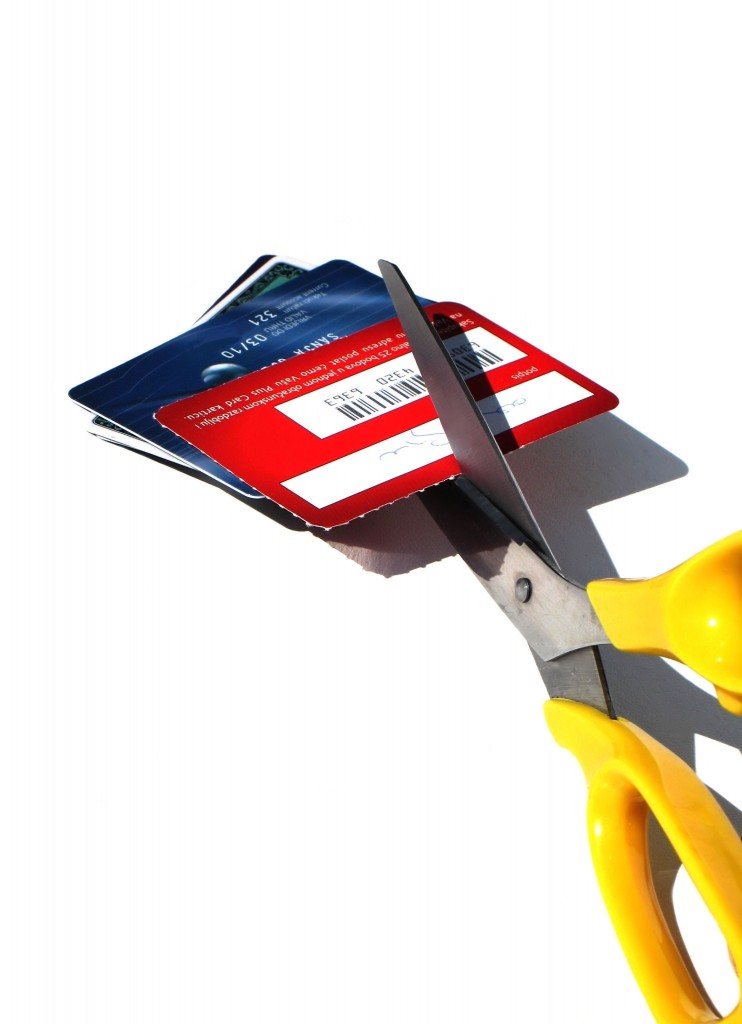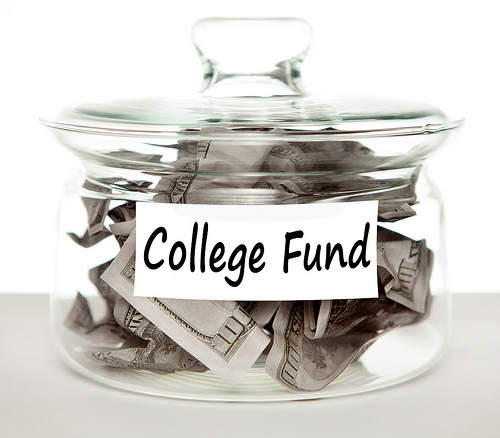When you have a lot of debt that has become too much to handle, there are several options you have to deal with it. You can cut back on spending considerably to pay off the debt as fast as possible, get a consolidation loan, settle the debt or file bankruptcy. Bankruptcy is most often a last resort. When is it absolutely necessary?
Consequences of Bankruptcy
Never rush into bankruptcy without a lot of thought first. You must be absolutely sure it is the proper course of action because there are lingering consequences including:
- Ruined credit
- Loss of valuables
- Difficulty renting or buying a house
- Difficulty finding a job
While these consequences can be frustrating, they aren’t all inevitable. Sometimes bankruptcy is the only way to make the best of a bad situation.
When Bankruptcy is Necessary
Bankruptcy is never great, but sometimes it is the best choice or the only alternative left. If you’re sitting in bad circumstances, the longer you wait to declare bankruptcy, the worse things may get. Consider the following points to help you determine if bankruptcy is necessary.
- You getting regular calls from bill collectors.
- You are using credit cards to pay for daily expenses.
- You can only afford to make the minimum payments.
- Your debt level is growing every month.
- You’re looking into debt consolidation or debt settlement.
- You have a lot of debt and no savings.
If you struggle to make the minimum monthly payments, especially while already cutting out all unnecessary spending, bankruptcy may be able to help you. If you can’t make your payments and you’re looking for a way to deal with this tough financial situation, don’t let the situation get worse by refusing to do anything. You can declare bankruptcy voluntarily or it may be ordered by the court if a creditor requests it.
2 Types of Bankruptcy- Chapter 7 and Chapter 13
Chapter 7 Bankruptcy
Chapter 7 bankruptcy liquidates your assets to pay off as much debt as possible. Each state varies but most states allow you to keep certain items after Chapter 7 bankruptcy generally according to NoloPress these items are:
- Equity in your home, called a homestead exemption. Under the Bankruptcy Code, you can exempt up to $20,200 of equity. Some states have no homestead exemption; others allow debtors to protect all or most of the equity in their home. (To learn more, see Nolo’s article Your Home in Chapter 7 Bankruptcy.)
- Insurance. You usually get to keep the cash value of your policies.
- Retirement plans. Most retirement benefits are protected in bankruptcy. (To learn more, see Nolo’s article Your Retirement Plan in Bankruptcy.)
- Personal property. You’ll be able to keep most household goods, furniture, furnishings, clothing (other than furs), appliances, books and musical instruments. You may be able to keep jewelry only worth up to $1,000 or so. Most states let you keep a vehicle as long as your equity doesn’t exceed several thousand dollars. And many states give you a “wild card” amount of money — often $1,000 or more — that you can apply toward any property. (To learn more about what happens to your automobile, see Nolo’s article Your Car in Chapter 7 Bankruptcy.)
- Public benefits. All public benefits, such as welfare, Social Security, and unemployment insurance, are fully protected.
- Tools used on your job. You’ll probably be able to keep up to a few thousand dollars worth of the tools used in your trade or profession.
Chapter 13 Bankruptcy
Chapter 13 bankruptcy, on the other hand doesn’t force you to sell stuff. Instead it sets up a payment plan, that allows you to keep your assets and pay off your debt over time generally ( 3 to 5 years). Basically, the court acts as a mediator between you and your creditors and helps set up a payment plan that will work out for both parties.
Neither type of bankruptcy guarantees a good financial end. The bankruptcy will stay on your record for 7 to 10 years, but you may still be able to buy a house or get a new job.
Talk with a bankruptcy lawyer about your situation before rushing into bankruptcy. Sometimes it can be unavoidable if you have lost your job or have lots of medical bills. Understand your other options as well that might not hurt your credit or your financial situation as much.


